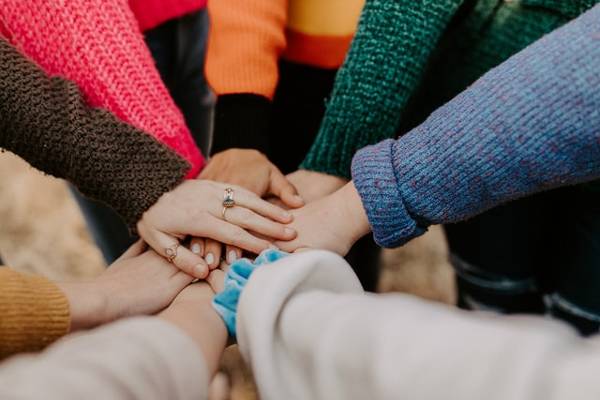What Issues Does Group Therapy Help With?
Even if you’ve never been before, you’ve probably heard of group therapy. You may have even seen depictions of it on television and in movies.
However, while most people understand the basic concept of group therapy, fewer are aware of which issues it really helps with, and who might most benefit from this modality in addition to or in place of individual therapy.
With that in mind, let’s take a closer look at some of the issues that group therapy can help with, and why you might consider it for yourself.
Addiction and Substance Abuse
This is probably the most commonly known type of group therapy and the one you’re most likely to see on-screen.
While the way some groups are depicted for entertainment purposes isn’t exactly accurate, you can get a basic idea of what to expect from groups that meet for substance abuse disorders and addictions.
Why is it helpful?
When you’re dealing with addiction, it’s easy to feel like you’re alone. You might think no one understands what you’re going through. Group therapy helps normalize shared experiences and can give you the opportunity to hear stories from other people in similar situations.
Yes, it requires you to open up about your own journey. But, when you’re around others who have been struggling, as well, it’s easier to develop trust and a mutual understanding. It also fosters hope for your future when you see some group participants who are actively overcoming their addictions.
Anxiety and Depression
Anxiety and depression are two of the most common mental health issues across the globe. However, people can experience them in a variety of ways and present with different symptoms.
One of the most common symptoms, however, is isolation. You might feel unmotivated to do things you usually love, or even spend time with friends and family.
Why is it helpful?
Group therapy offers a sounding board for those experiencing symptoms of depression and anxiety. You can connect with people experiencing the same things and feel less shame around your symptoms.
Additionally, you might learn new coping mechanisms or symptom management techniques that can help you manage your daily routine. Understanding you’re not alone with your fears, worries, or hopeless thoughts can make a big difference and can serve as a wonderful motivational tool for change.
Self-Esteem and Relationship Issues
There are many mental health issues that either cause low self-esteem or are fueled by it. Things like trauma, anxiety, and depression can all be linked to low levels of confidence. It’s not uncommon for people to struggle with guilt, shame, or to think they’re somehow “worthless” for a variety of reasons. These feelings in turn can create difficulties in social, romantic, or work-related relationships.
Why is it helpful?
Group therapy promotes social connection and improves feelings of loneliness. That alone is a great way to boost your mental well-being. However, group therapy goes beyond that by allowing you to figure out who you and how others perceive and relate to you.. You might get to see yourself through the eyes of everyone else in the group. That can help you recognize relationship patterns in your life that you may want to change. By receiving open and honest feedback in a safe and therapeutic setting, you can grow and change in ways that individual therapy can’t always provide.
As you hear other people’s stories and struggles, it can open up your eyes to your own issues. Maybe someone else in the group has a similar background or has gone through a familiar situation. Not only does hearing shared experiences make it easier to connect, but you can see that you don’t have to feel ashamed or “less than” anyone else because of what you’ve gone through or what you’re currently dealing with. If you’re interested in group therapy or you’re wondering if it’s right for you, I’m happy to help! Don’t hesitate to contact me for more information.
Click here for more information on Group Therapy.

